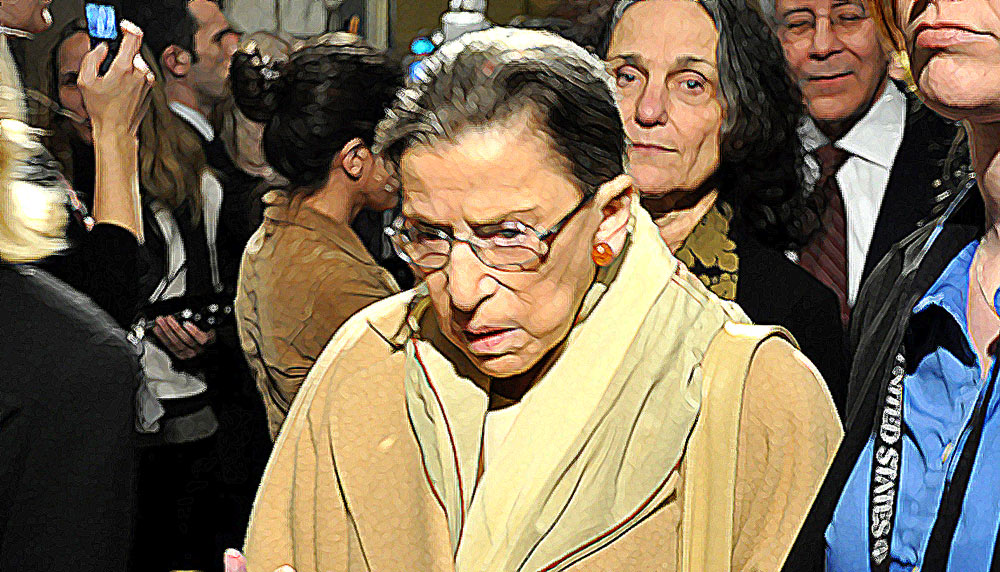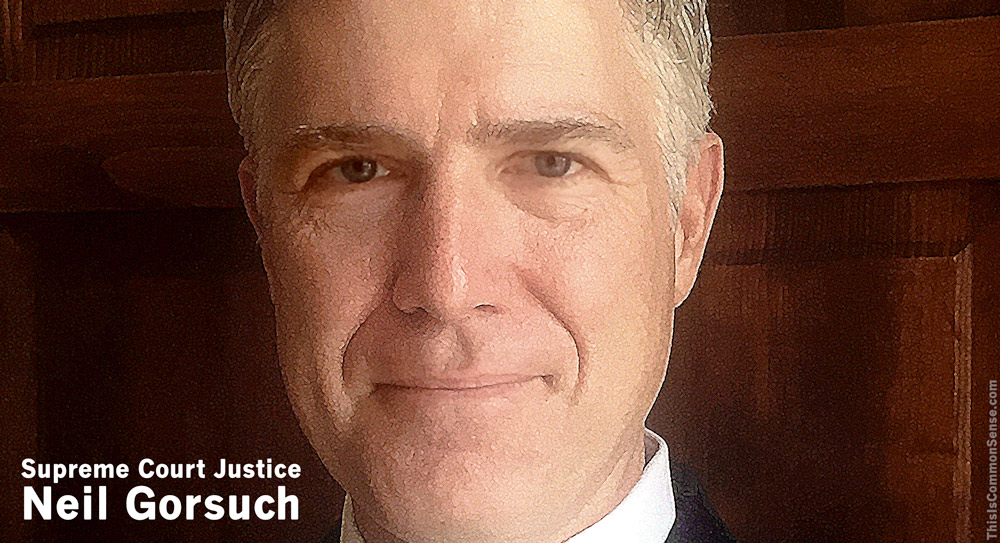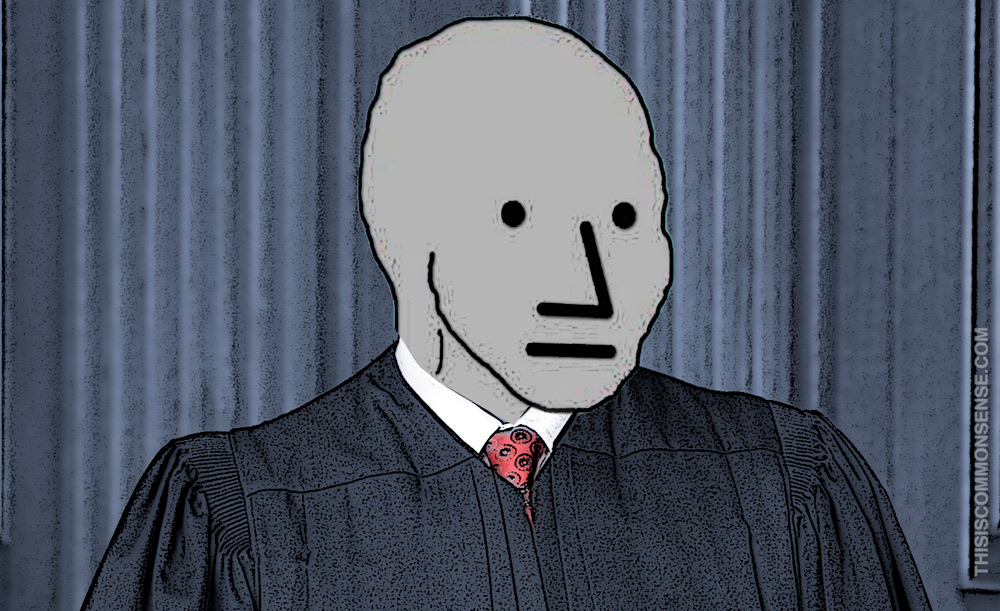“She was an amazing woman, whether you agree or not,” a visibly saddened President Trump offered reporters upon hearing that Supreme Court Justice Ruth Bader Ginsberg had passed away. She had “led an amazing life,” he added.
Not amazing enough, however, to nudge Mr. Trump to wait and let the next president nominate Ginsberg’s successor — either himself or a coin toss between Joe Biden and Kamala Harris should Democrats win.
That delay was reportedly the justice’s dying wish.
The president’s opponents would certainly prefer that, too, but Trump vows to quickly name his third High Court replacement.
And why not? There is a vacancy; he has the constitutional power.
Sure, Republican senators will be charged with hypocrisy. And accurately, because they blocked President Obama’s 2016 pick of Merrick Garland, claiming the voters should decide by choosing the “next president.” Just as Senate Democrats will be orating the opposite of what they said four years ago.
Hypocrisy is as close to half-right as folks in Washington ever seem to get.
But what should you want your so-called representative who currently takes up space in the U.S. Senate to do now?
Same as always: The right thing.
Unfortunately, not likely.
Always hyping violations of “democratic norms,” it may be the Democrats threatening (again) to blow up the democratic norm of a stable Court. In a Washington Post op-ed, attorney and journalist Jill Fillpovic urged Democrats to “pack the court” if Republicans move ahead in confirming a justice and Democrats win the White House and Senate this November. Though, she advises, “if they’re smart, Democrats will find a more palatable [term].”
How about a more palatable approach than a Year Zero re-making of the SCOTUS every time party control of the White House and Senate changes?
This is Common Sense. I’m Paul Jacob.
—
See all recent commentary
(simplified and organized)










